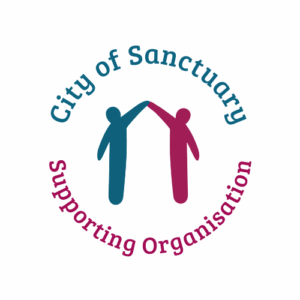What does the Computer Science A Level course involve?
Computer Science A Level is a natural progression from GCSE Computer Science (although not essential), and provides the perfect springboard for students looking at specialising in a computing-based career. Through the design, development and testing of a programming solution to a problem, you will have the opportunity to apply your learning creatively, innovatively, analytically, logically and critically. Computer Science is playing a rapidly-increasing role in finding solutions to real-world problems, particularly where large amounts of information are involved.
The aims are to enable learners to develop:
- The ability to apply the fundamental principles and concepts of computer science, including: abstraction, decomposition, logic, algorithms and data representation
- The ability to analyse problems in computational terms through practical experience of solving such problems, including writing programs.
- The capacity to think creatively, innovatively, analytically, logically and critically.
- The capacity to see relationships between different aspects of computer science
- The ability to apply mathematical skills to the solution of problems
Course Outline
Year 1:
- Characteristics of contemporary computer systems
- Software and software development
- Exchanging data, including networks and database systems
- Data types, data structures, algorithms and logic
- Legal, moral, cultural and ethical issues
- Computational thinking and problem solving
- Approaches to programming
- Standard algorithms for searching, sorting and path finding
Year 2:
- Analyse a problem
- Design a solution
- Develop and test a solution
- Evaluate the effectiveness of the solution
















